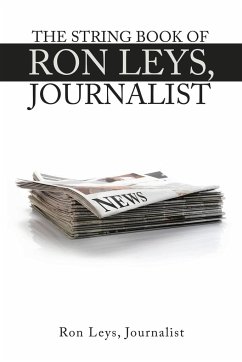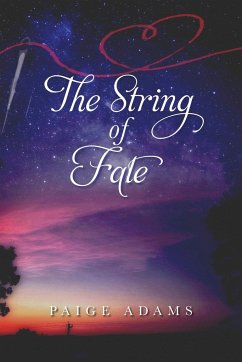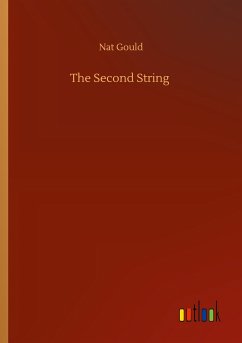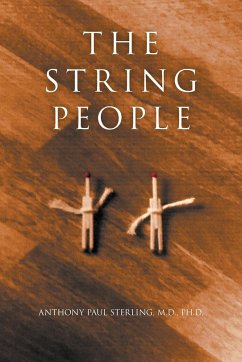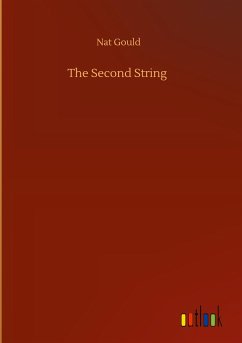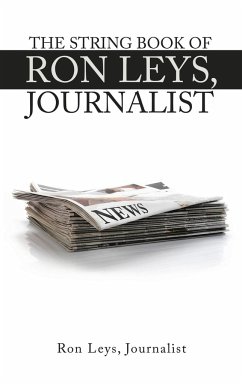
The String Book of Ron Leys, Journalist
Versandkostenfrei!
Versandfertig in 1-2 Wochen
23,99 €
inkl. MwSt.
Weitere Ausgaben:

PAYBACK Punkte
12 °P sammeln!
Back in the day, many reporters and columnists kept a folder or big envelope in a desk drawer. Whenever he or she wrote something that might impress a future prospective employer, it was clipped and saved in this folder or envelope. This was known as a string book. The phrase was borrowed from the common term for free-lance writers, who were paid by the column inch of published material. They were known as stringers, from the old practice of pasting together their published stories in sort of a string, which could then be measured and submitted for payment, monthly or otherwise. Staffers, on t...
Back in the day, many reporters and columnists kept a folder or big envelope in a desk drawer. Whenever he or she wrote something that might impress a future prospective employer, it was clipped and saved in this folder or envelope. This was known as a string book. The phrase was borrowed from the common term for free-lance writers, who were paid by the column inch of published material. They were known as stringers, from the old practice of pasting together their published stories in sort of a string, which could then be measured and submitted for payment, monthly or otherwise. Staffers, on the other hand, were paid by the week, or for part-timers, by the hour. In the fall of 1959, an English professor at the University of Wisconsin suggested that I consider becoming a professional writer. My career thus far had included a hitch in the United States Navy, followed by several years as a construction worker and truck driver. Just before my GI Bill eligibility expired, I enrolled at the UW. Taking the professor's advice, I majored in journalism. I met a fellow journalist, Marilyn Shapiro, and we married. During the summer of 1961 I interned at The Rockford Morning Star in northern Illinois. On completion of college, I became a full time reporter there. In 1969, I went to work for The Milwaukee Journal. I worked as a copy editor, reporter, nature columnist, suburban editor, and outdoor editor. I retired in 1991, although I wrote freelance columns for the Journal's Sunday magazine, and later for an independent magazine, The Wisconsin Outdoor Journal. When that ended, it was over. It turned out that I only wrote for the money. When they stopped paying me. I stopped writing. Although it probably had more to do with losing an audience. That was always the point, writing for readers.





